I have code below. this is a user-built function. we pass "close" to "src" as an input. i know "src" and "atr" are series. so "up" is series too. after that "upper" is series too.
myfunc(src,length,mult)=>
atr = ta.atr(length)*mult
up = hl2 + atr
upper = 0.
upper := src[1] < upper[1] ? math.min(up,upper[1]) : up
now my question is what is the value of upper[1] when we compare it with src[1]? we dont have any calculation for measuring last values of "upper" before? is all previous values of "upper" equal to zero because we declare it like upper=0. ?
